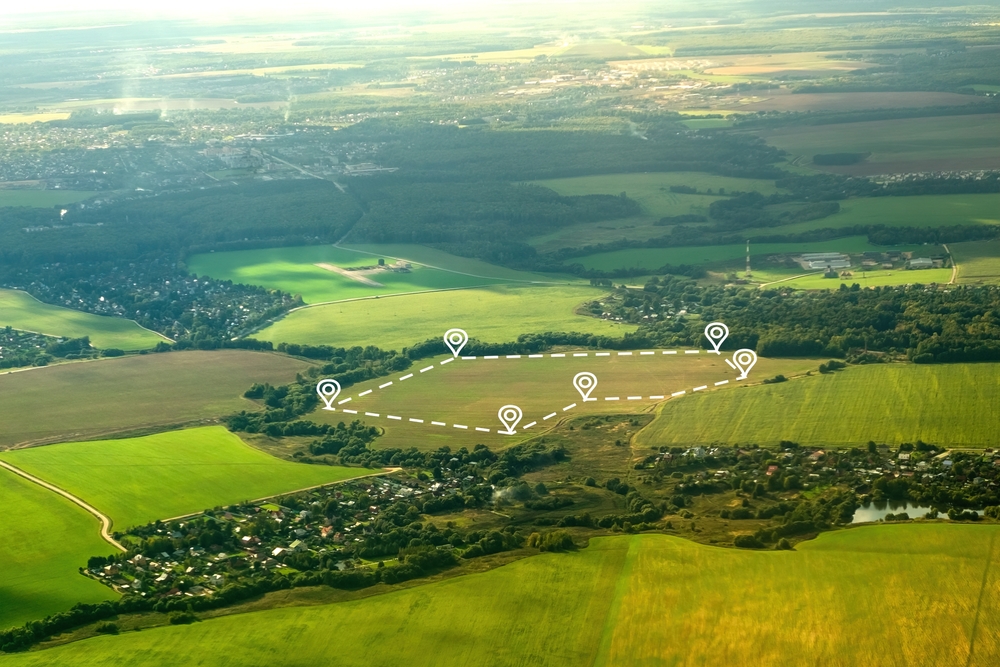When it comes to diversifying your investment portfolio, one of the most underappreciated yet potentially rewarding avenues is land investment. Imagine owning a tangible asset that not only holds intrinsic value but also offers a plethora of possibilities for income generation. The Western states, with their vast and varied landscapes, provide an excellent opportunity for investors looking to explore undeveloped land. This blog delves into the benefits and strategies of investing in land, guiding you on how to make informed decisions that could yield significant returns.
Understanding the Types of Land Investments
When considering land investments in the Western states, it's crucial to identify the type of land that aligns with your investment goals. The three primary categories include agricultural, recreational, and those with development potential.
- Agricultural Land: This type of investment can be highly lucrative, especially given the rising demand for organic and locally sourced produce. Investing in farmland offers steady, long-term appreciation and the possibility of leasing the land to local farmers.
- Recreational Land: If you're drawn to the outdoors, investing in recreational land could be a great fit. These lands can be used for activities such as hunting, fishing, or creating a private retreat. They also present rental opportunities for adventure tourism.
- Development-Potential Land: This investment requires a keen eye for future growth. Identifying plots near expanding urban areas or projected infrastructure developments can lead to significant profits as demand for residential or commercial use grows.

Assessing Land Value and Growth Potential
Mastering the art of assessing land value and growth potential can turn a good investment into a great one.
- Research and Analysis: Begin by conducting detailed research on the local real estate market trends, including historical data on land value appreciation. Pay attention to nearby developments and infrastructure projects, as these factors can significantly increase land value.
- Topography and Soil Quality: For agricultural purposes, evaluating soil fertility and water availability is crucial. For development land, understanding the topography and ease of building can prevent future complications and expenses.
- Accessibility and Location: Land close to highways, railways, or airports generally holds a higher value due to increased accessibility. Proximity to urban centers can also drive up demand and land prices.
Navigating Legal Considerations and Zoning Issues
Legal considerations and zoning issues can make or break your investment, necessitating due diligence before any purchase.
- Zoning Regulations: Research the local zoning laws to ensure your intended use aligns with existing regulations. Zoning can dictate building possibilities and land use changes, potentially affecting your investment strategy.
- Environmental Restrictions: Be aware of any environmental protections or restrictions that might prohibit certain uses of the land. This is especially true in regions with sensitive ecosystems or endangered species.
- Property Taxes and Fees: Familiarize yourself with the property taxes and any additional fees associated with land ownership in the specific area. This can impact your long-term returns and should be factored into the overall investment cost.

Strategies for Generating Income from Land Investments
Turning land investments into a lucrative venture involves strategic planning and execution.
- Leasing Options: Depending on the type of land, leasing might be a viable option. Agricultural land can be leased to farmers, while recreational land can be rented out for events or tourism-related activities.
- Timber or Natural Resources: On wooded land, consider the sale of timber or other natural resources. However, it's essential to balance resource extraction with sustainable practices to maintain land value.
- Land Development: For plots with development potential, consider partnering with real estate developers to create residential or commercial properties. This strategy can maximize returns if executed correctly.
Long-term vs. Short-term Land Investment Approaches
Your investment strategy should align with your financial goals and risk tolerance, whether you prefer long-term stability or short-term gains.
- Long-term Investments: These are ideal for those seeking steady appreciation and security. Agricultural land typically falls into this category, as it benefits from consistent demand and gradual appreciation.
- Short-term Investments: Opt for a short-term strategy if you're looking for faster returns. This often involves buying undervalued land in emerging areas and selling once the demand and land value increase. A keen understanding of market trends is crucial here.
By understanding the various types of land investments, effectively assessing land value, and navigating legal considerations, you can position yourself as a savvy investor. Consider your unique investment goals—whether they lean towards stability or quicker returns—and tailor your approach accordingly. As you explore these opportunities, remember that each parcel of land harbors unique possibilities for growth and income.
Ready to diversify your portfolio with land investments? Contact us today to explore available properties and begin your journey towards a more diverse and promising financial future.


